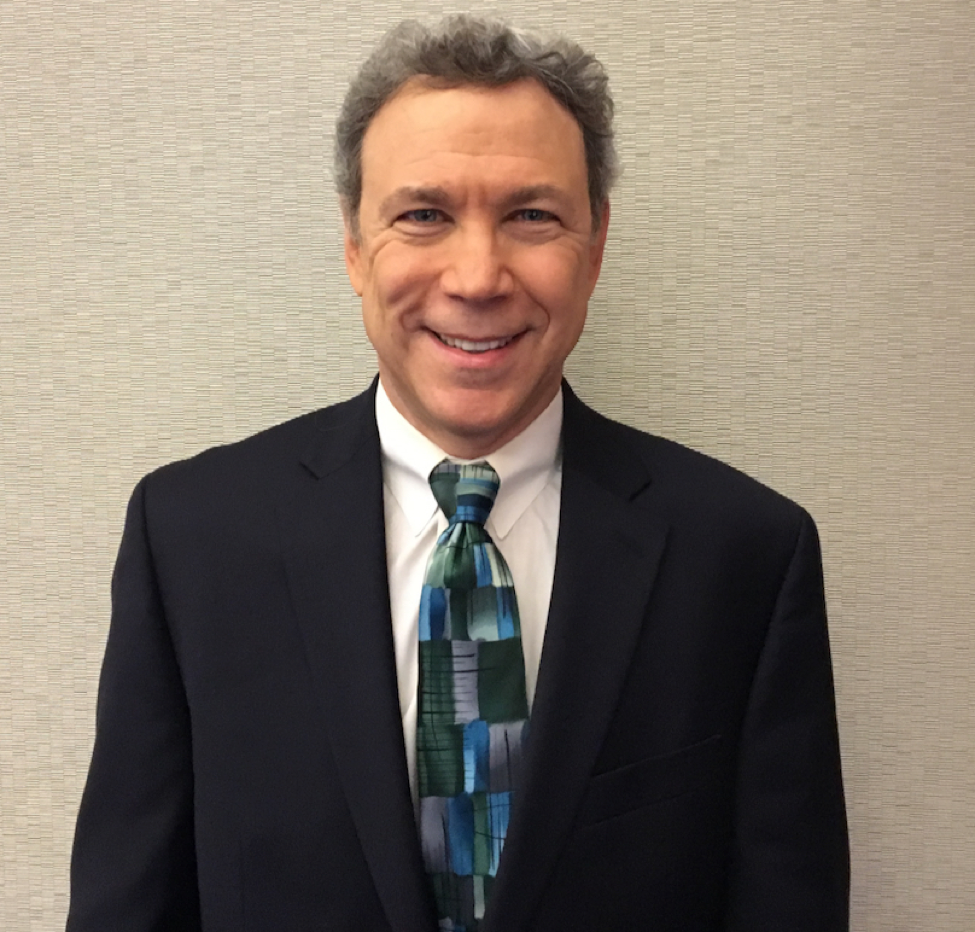Sometimes the Doctor Isn’t Always Right–Paying Attention to Lifestyle Factors
By: Steven Hollenberg, MD, FCCP
February 22, 2018
I told the patient he would need coronary artery bypass surgery. He had a heart attack, and his cardiac catheterization showed a blockage at a branch point of two main coronary arteries. Angioplasty wasn’t a good option, I told him. He would do better with bypass in the long term.
He didn’t agree. “I feel fine!” he said. I told him I wanted him to get a second opinion. I sent him to an aggressive interventional cardiologist, someone not in my group, who I knew only by reputation. I sent an email to that cardiologist explaining what I told the patient and why, telling him I wouldn’t be offended if he didn’t agree. I figured he would probably do an angioplasty and put in a stent. He told the patient that angioplasty wasn’t a good option and that he should probably have a bypass. The patient told him he felt fine, declined, and came back to see me.
OK, I said, we'll keep you on your medicines and see how you do. But that’s a severe narrowing. You’re probably not going to be able to do all the things you want to do without symptoms and when that happens, you’ll come back to me and tell me I was right.
That was 10 years ago. He plays tennis twice a week, usually singles, and the only thing that limits his game is tennis elbow, which takes a little velocity off his serve. He takes his medicines all the time, eats right, and exercises. He’s much too polite to remind me that I was completely wrong.
"I still think my role is to make my best guess and share that opinion. But I try not to sound more certain than I am while still conveying a sense that my experience does give me a solid basis for providing guidance."
Every time I think about him, I am reminded not to be so sure I can predict what will happen to an individual patient. I still think my role is to make my best guess and share that opinion. But I try not to sound more certain than I am while still conveying a sense that my experience does give me a solid basis for providing guidance. It does remind me of something I think I did right in this case—leaving some room open for an alternative treatment strategy. I didn’t say “you have to get this fixed” but rather “I think you will do better if you get this fixed.” I turned out not to be correct, but he still comes to see me regularly, and he does value my opinion.
It’s also a testament to the importance of lifestyle in health. The success of our technologies, particularly in cardiology, makes it easy to get caught up in the idea that all we need to do to address a problem is either to find the right technology or to invent it. But a number of trials in cardiology, from COURAGE to ORBITA, have shown us what we should have remembered all along—that medical therapy and lifestyle changes are highly effective ways to treat coronary atherosclerosis and that regardless of what medical strategy you employ, addressing lifestyle risk factors is crucially important.
We all should be stressing the importance of exercising and eating right and not smoking—not only in selected patients, and not only in Heart Month, but year-round and in everyone. I am certain about that.
Read Heart Month contribution from Dr. David Nagel.
 Dr. Steven Hollenberg is trained in cardiology and critical care medicine. He is a Professor of Medicine at Cooper Medical School of Rowan University and Director of the Coronary Care Unit at Cooper University Hospital in Camden, NJ. He sees outpatients in Cherry Hill, NJ. Dr. Hollenberg is also Chair of the Cardiovascular Medicine and Surgery NetWork.
Dr. Steven Hollenberg is trained in cardiology and critical care medicine. He is a Professor of Medicine at Cooper Medical School of Rowan University and Director of the Coronary Care Unit at Cooper University Hospital in Camden, NJ. He sees outpatients in Cherry Hill, NJ. Dr. Hollenberg is also Chair of the Cardiovascular Medicine and Surgery NetWork.